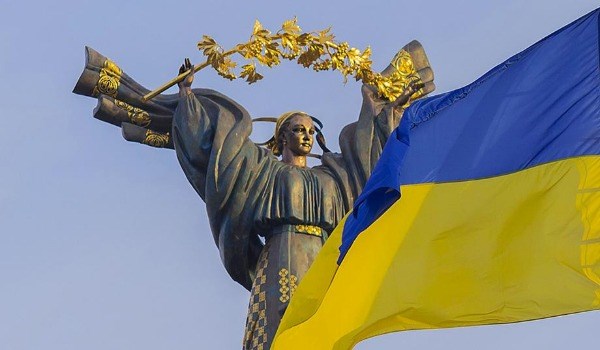Ukraine stands firm on negotiation terms: no surrender, no Crimea concessions
Ukraine has expressed willingness to engage in negotiations with Russia yet steadfastly emphasizes that capitulation is out of the question. Economy Minister Yulia Svyrydenko remarked that the Ukrainians will not entertain the notion of a frozen conflict, nor will they concede to the recognition of Crimea's occupation.
During discussions in London, the Ukrainian delegation declared the impossibility of acknowledging Crimea as Russian—now or in the future. Svyrydenko delivered this statement with marked decisiveness through her post, underscoring Kyiv's unwavering stance: "Ukraine is ready to negotiate, but not to surrender."
Svyrydenko further asserted that no agreement would allow Russia time to regroup and potentially launch renewed violence. Ukraine demands a complete ceasefire across all fronts—land, air, and sea—as the essential initial measure. Should Moscow opt for merely a "tactical pause," Ukraine will respond in kind.
The minister also underlined that if NATO membership is not forthcoming, Ukraine will seek robust and explicit security assurances from partners—assurances that are sufficiently potent to deter aggression and clear enough to ensure lasting peace.
As The Washington Post reports, the U.S. administration has expressed disappointment in Kyiv's resolve to not barter territory for the sake of apparent progress. In Washington, there is particular dissatisfaction with Ukraine's emphasis on ceasefire discussions over making concessions on Crimea.
Following Ukraine's firm stance, Senator Rubio canceled his trip to London, prompting the foreign ministers of the UK and France to follow suit. Negotiations now persist on a technical level with advisor Kellogg.
Ukrainian President Volodymyr Zelensky, according to reports from The New York Times and CNN, has categorically refused to acknowledge Crimea as Russian.
Sky News reports that after Rubio’s withdrawal, meetings with UK Foreign Minister David Lammy, French Foreign Minister Stéphane Barraux, and other senior officials were also called off. Consequently, negotiations have effectively been reduced to a technical level.
Although European officials remain skeptical about the success of the London talks, as Reuters reports, an EU diplomat indicated that Rubio's withdrawal was prompted by concerns over Kyiv's "hardline" approach, which supposedly hinders progress.
European diplomats, as reported by Reuters and The Washington Post, initially held low expectations for the success of the London talks, describing the chances of an outcome as minimal.
While the U.S. has not officially demanded that Ukraine recognize Crimea, observers believe this issue has fueled the strong reactions from Kyiv and Europe.
Moscow insists that Europe lift sanctions. However, the EU insists this can occur only post-negotiations. Additionally, the Kremlin is dissatisfied with the lack of American pressure on Kyiv regarding demilitarization and staunchly opposes the deployment of European troops in Ukraine.
Reminding all that during the March 12 talks in Jeddah, it was agreed that a ceasefire should precede territorial discussions, Ukraine and Europe emphasize that U.S. actions now appear contradictory, pressuring Kyiv rather than demanding Moscow take steps.
Ukraine's perspective suggests it's not only about the U.S.'s shifting stance but also the loss of Washington’s integrity as an impartial broker, now seemingly preparing to withdraw from the negotiation process while blaming Ukraine. In such a scenario, Kyiv might retain European support but lose the pivotal backing of Washington.
